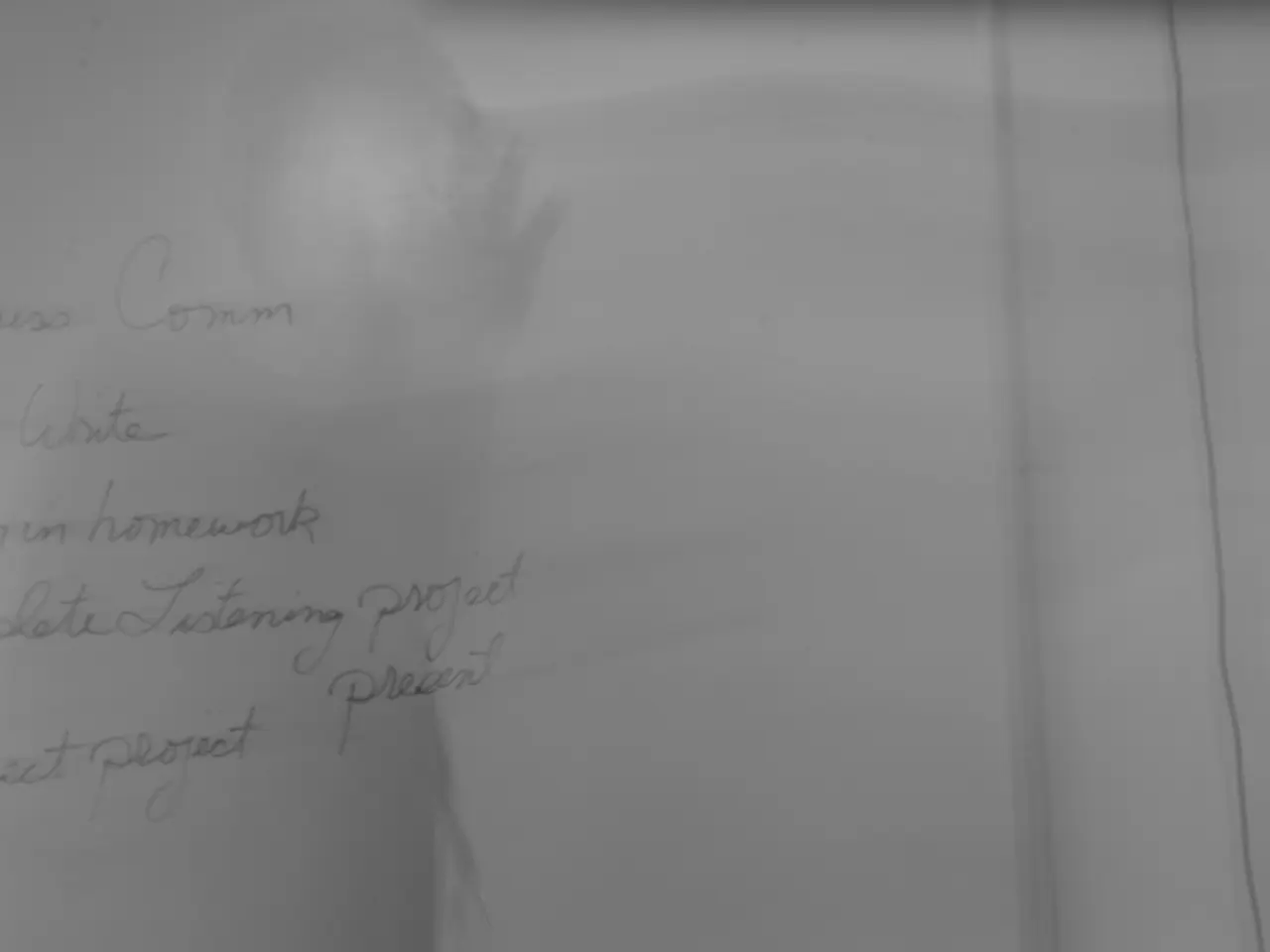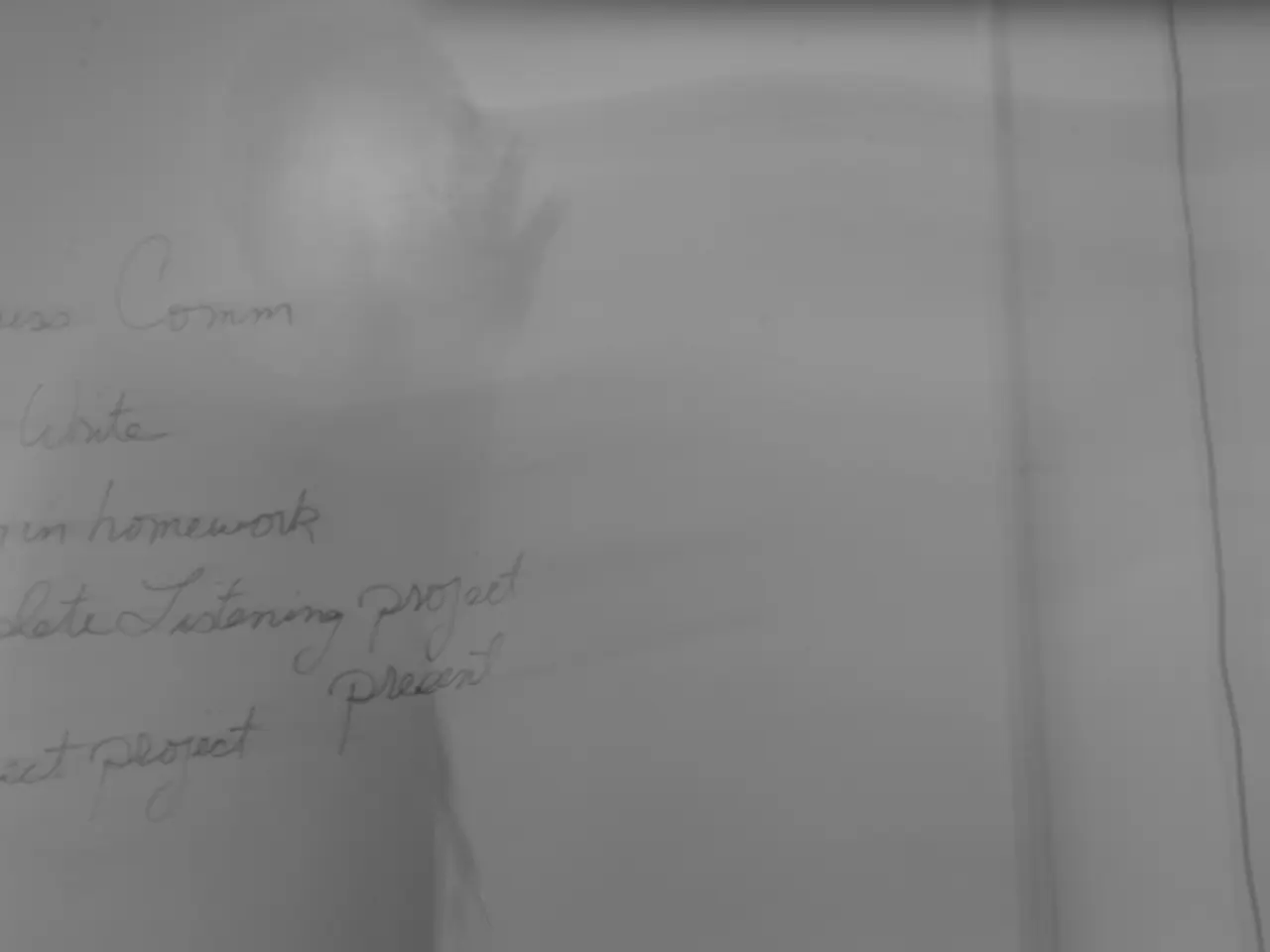"Victory Belongs to the Leap" (Music Reference)
In a move to navigate inflation and cautious consumer spending, online fashion retailer Zalando has revised its medium-term strategy, focusing on sustainable revenue growth, margin improvement, and operational efficiencies.
Despite the economic headwinds, Zalando aims to grow its revenue from €10.6 billion in 2024 to €13 billion by 2027. The company projects a B2C revenue Compound Annual Growth Rate (CAGR) of 7%, slightly above the consensus of 6%, with the B2B segment expected to grow even faster at a 13% CAGR versus the consensus of 12%.
Zalando also projects group EBIT margins to increase from 5.3% in 2025 to 7.5% by 2028, surpassing the consensus estimate of 7.1%. The company plans to reduce fulfillment costs from 22.9% of sales in 2024 to 21.2% by 2028 by improving distribution capacity utilization, boosting it from about 60% to 70% over the period.
These outlooks reflect Zalando’s response to inflationary pressures and cautious consumer spending by emphasizing margin expansion and efficient platform growth rather than aggressive volume expansion. Jefferies highlights operating leverage, platform expansion, and potential strategic M&A as key drivers enabling Zalando to meet these medium-term goals despite economic headwinds.
In the third quarter, Zalando's revenue grew by around 3% to €2.35 billion. The retailer also introduced a minimum order value, which led to an increase in order volume. Even smaller orders, which now incur a shipping fee, have become profitable for Zalando. The number of Zalando's active customers increased by 8% and surpassed 50 million for the first time.
However, Zalando's co-CEO, Robert Gentz, expressed caution about the future due to high inflation and consumer restraint. The company's adjusted operating result increased by approximately 38% to €13.5 million in the third quarter, but no information was provided about net income or earnings per share. Zalando remains cautious about achieving its medium-term goals, suggesting they may take longer than expected.
Since September, Zalando's share price has been gradually recovering, but it fell below €20 and reached an eight-year low in the same month. Cautious investors are still holding back and waiting for the right time to enter the market. Inflation was not specified as a factor affecting Zalando's financial performance in the third quarter, and no information was provided about expenses or costs in the period.
Economic headwinds are expected to persist for Zalando, and the retailer is likely to achieve its medium-term goals later than initially planned. Despite these challenges, Zalando's revised medium-term strategy demonstrates a commitment to balancing steady revenue growth with improved profitability and cost control to effectively navigate inflation and consumer restraint challenges.
Finance-wise, Zalando aims to boost its B2C and B2B revenue growth rates, with projected CAGRs of 7% and 13%, respectively, surpassing the consensus estimates. In terms of business strategy, the company focuses on margin expansion, operational efficiencies, and potential strategic M&A to meet its medium-term goals, despite economic headwinds.




